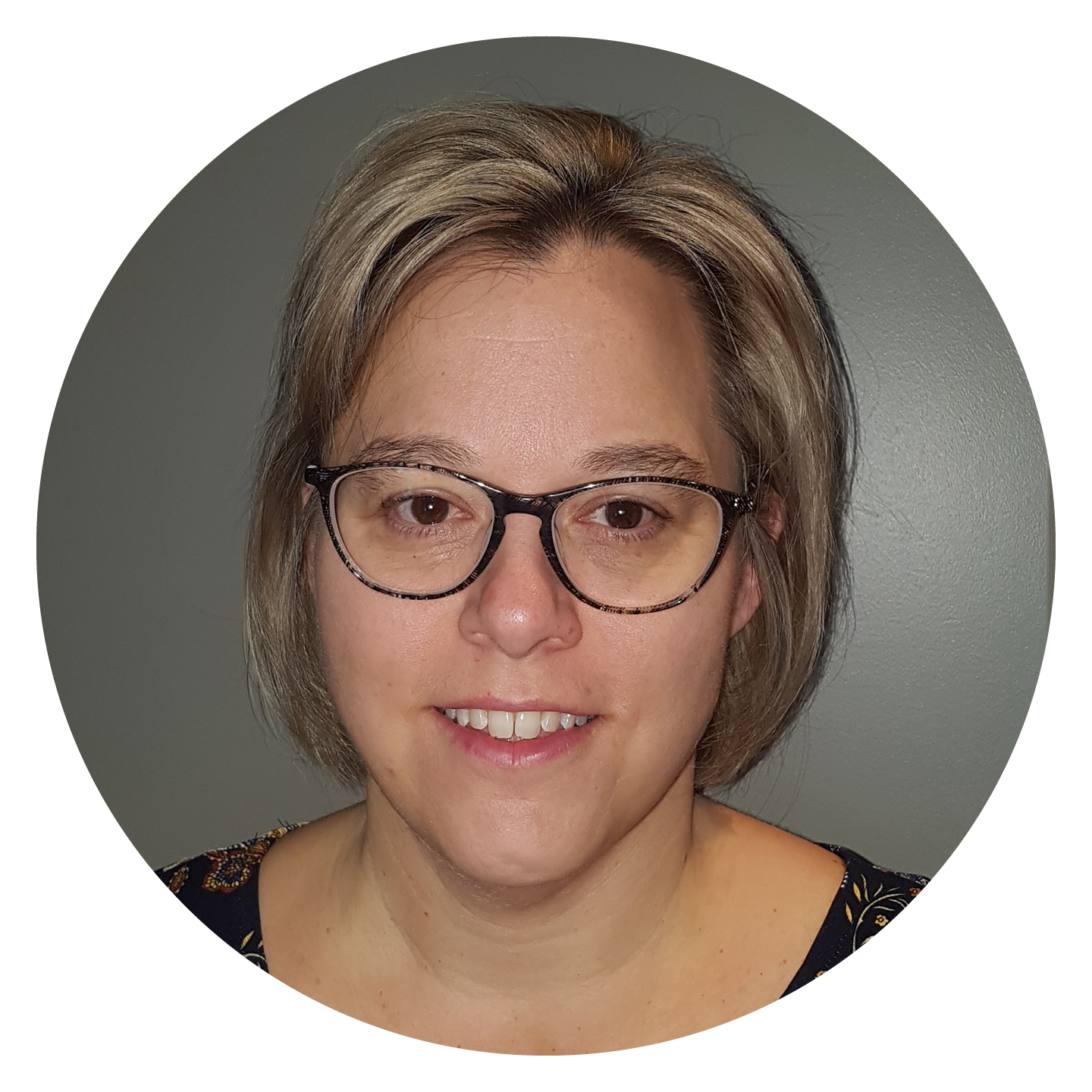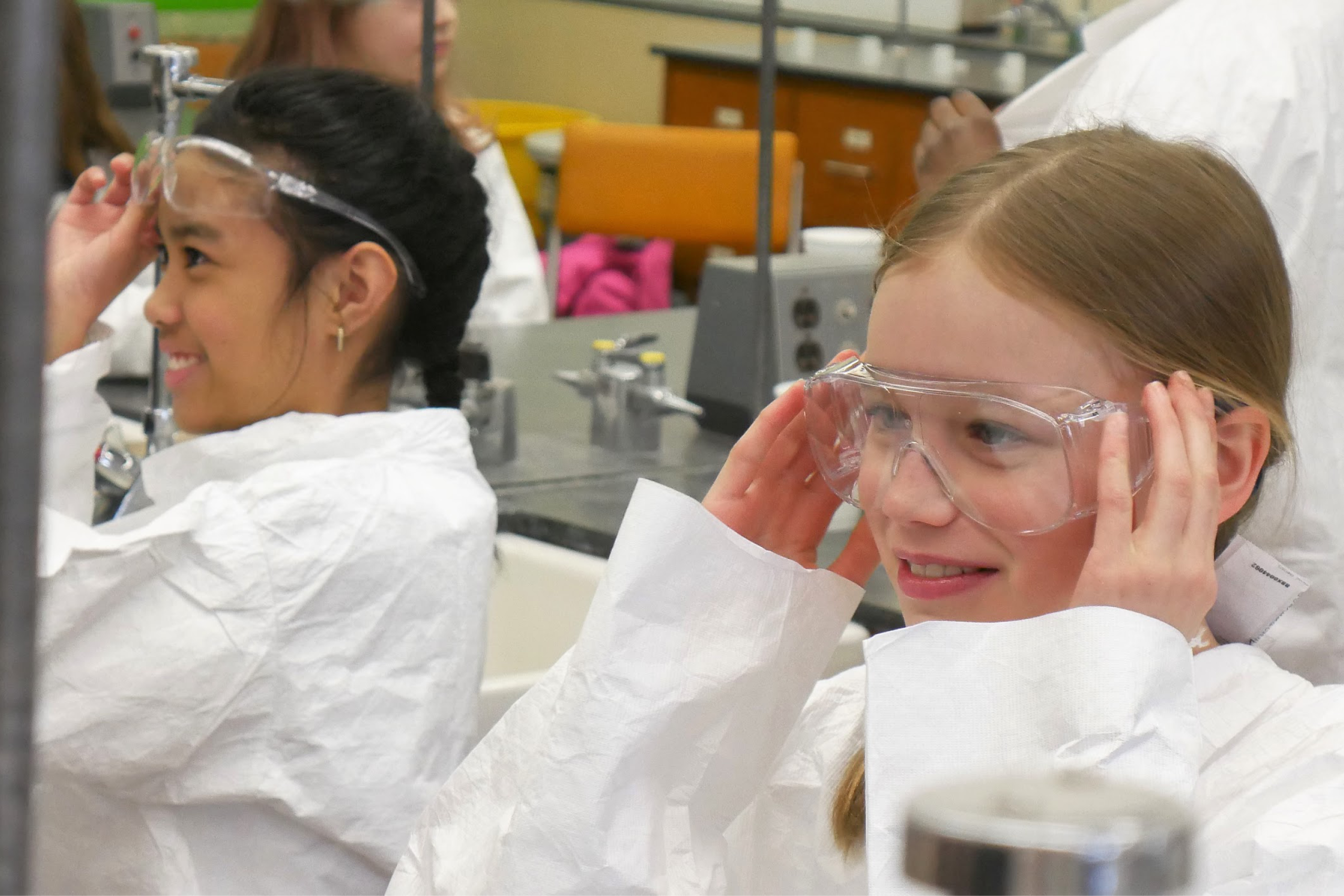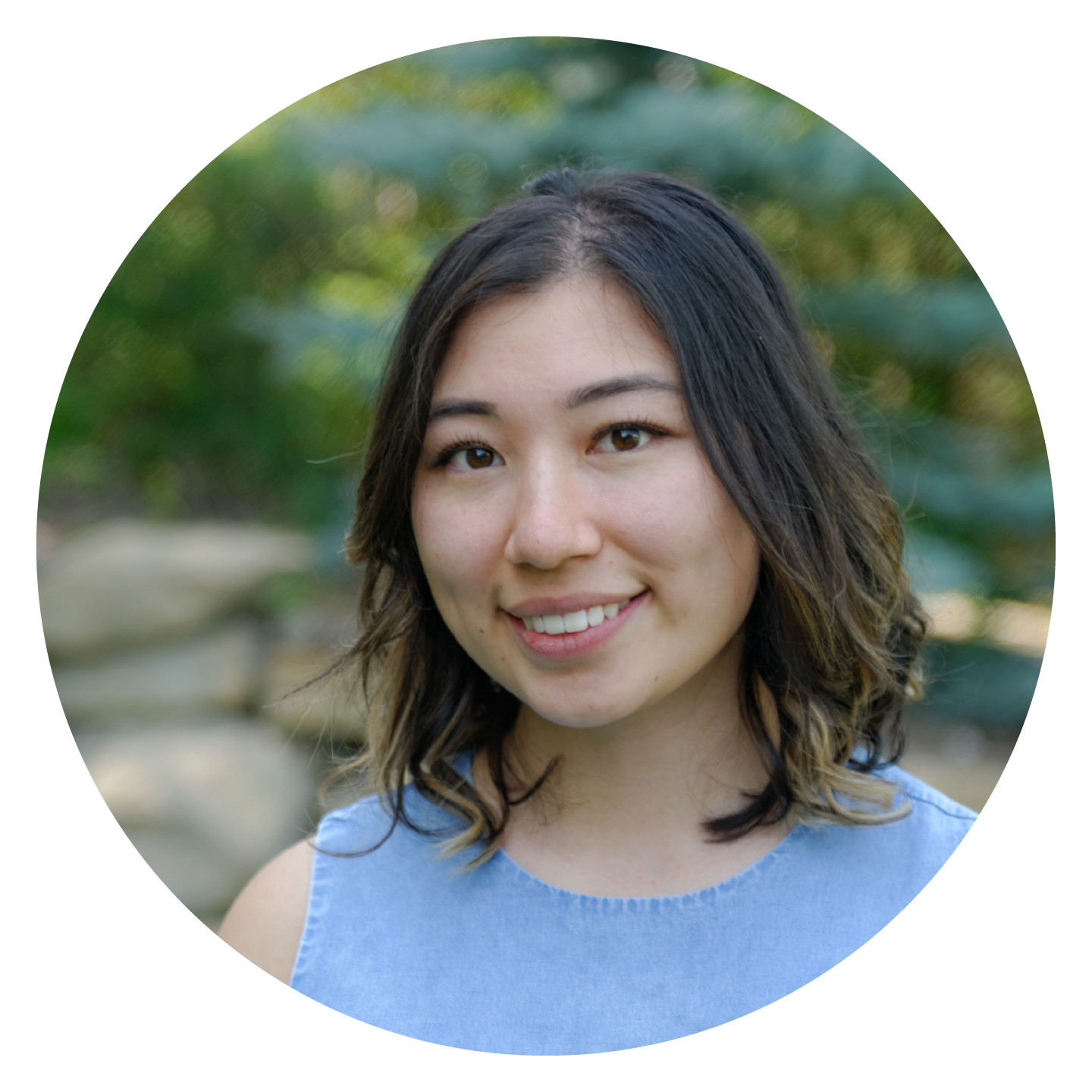For Fervone Goings, International Women's Day is a time to reflect on what we can learn from the past and plan for a diverse and inclusive future. As lead of WISEST (Women in Scholarship, Engineering, Science, and Technology) here at the U of A, she leads a team that implements year-round programming on campus and in the community.
From how Fervone got involved with the organization to what you can do to help the cause, there are incredible lessons and tools shared here on creating more inclusive and supportive communities.
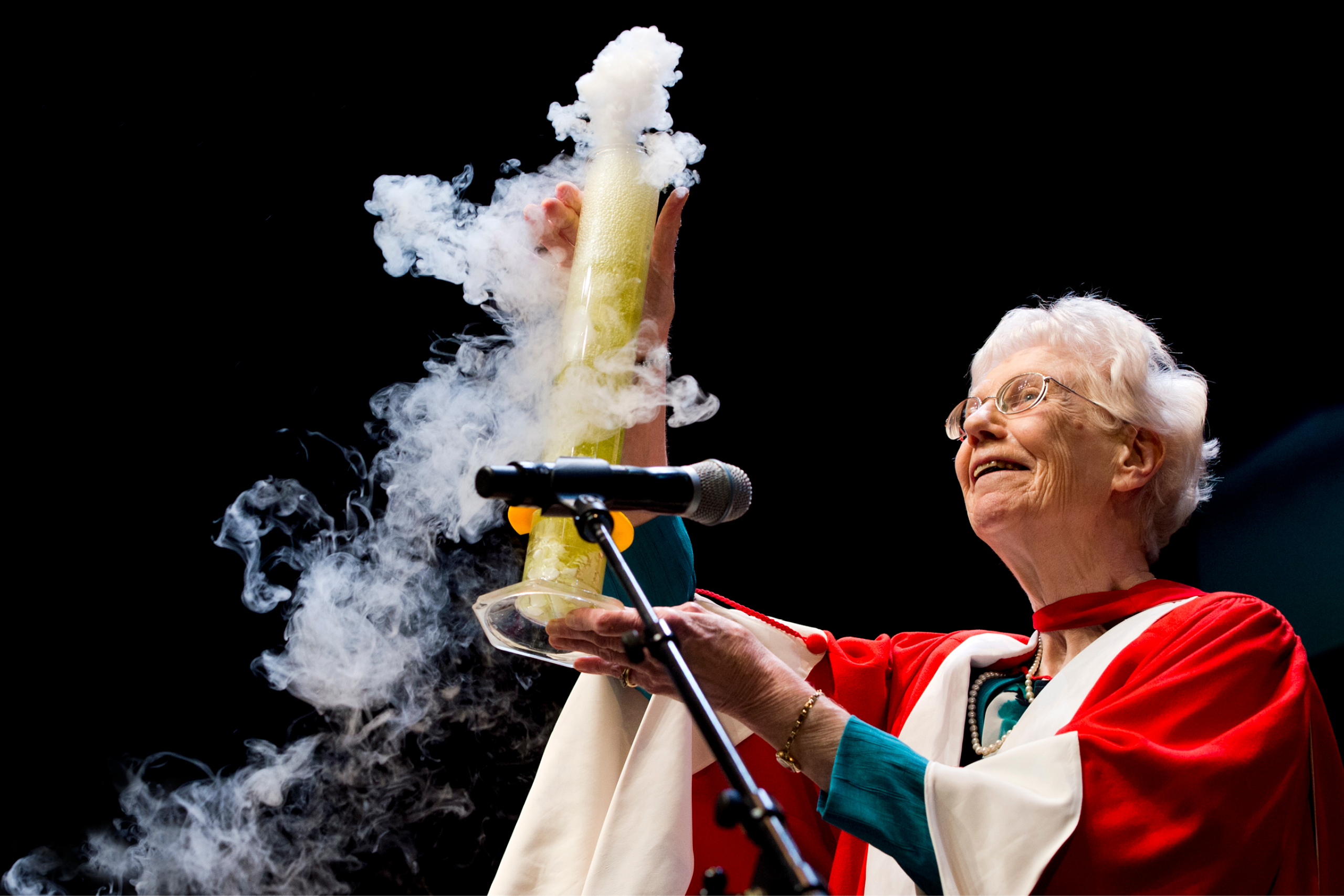
Dr. Margaret-Ann Armour champion of WISEST and life-long advocate for students in STEM
Fervone's journey to WISEST
Like many career paths, Fervone's was a nonlinear journey. As a high-achieving student who pursued Honors in biology, she became a research scientist for a government research agency. "I felt like I made it," she says, reflecting on her hard work resulting in a promising career. However, at that time, women were prominently underrepresented in STEM (Science, Technology, Education and Mathematics), which was an issue not commonly discussed. "I was facing a lot of struggles and internalized it, thinking I wasn't the right fit. Without mentorship in a very male-dominated field, I felt a lot of self-doubt," says Fervone. With this pressure, she eventually walked away from science and STEM to pursue a different career path.
Deciding to reengage in the workforce in a new way, Fervone went into non-profit management. After developing skills in this field, an unexpected position leading WISEST came up, which was a melding of her two career paths. "I had the lived experience of being a woman in STEM, and also the work experience for a not-for-profit. It felt like I was the right person for the job who knew what the organization needed to move forward," she says.
Although stepping away was a challenge, Fervone notes that careers aren't linear paths but rather a life journey. You learn, and you grow, so try and embrace it. Her advice is to not pursue the job title, but rather the impact you want and the values you align with. For Fervone, she wanted to make a more inclusive environment than the one she initially experienced.
"WISEST has a legacy of almost 42 years, and I am proud to be part of this organization that has created this inclusive STEM community." From mentees of their summer research program wanting to be mentors to conference attendees finding new passions, she finds her authentic self in the work she does and the community she helps grow.
The WISEST Mission
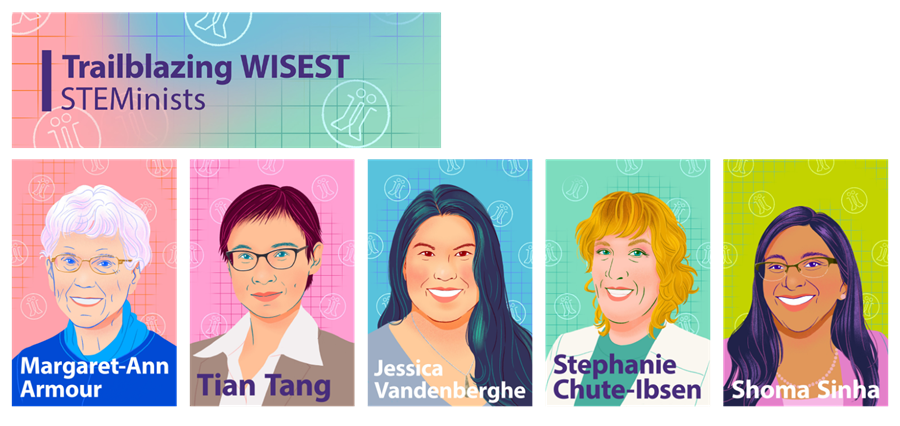
STEMinist WISEST Trailblazers
"WISEST is a collective story of individuals," says Fervone. From stories of people finding their "aha moments" to an inclusive community helping flatten barriers, their mission is to advance diversity in STEM fields. Since 1982, WISEST has been pioneering initiatives to grow this community. This starts with changing the narrative about who can thrive in spaces that may be seen as isolating and uninviting. What started with women has expanded with intersectionality, changing their approach to capture more diverse groups. Their focus is identifying what people face as barriers and what they can do to alleviate them.
In the past, many spaces, especially STEM, have been inhospitable to diverse perspectives. "To tackle pressing issues in the world, such as climate change and world hunger, we need diverse ideas to find innovative solutions," says Fervone. WISEST hopes to make these voices heard and encouraged, as people with different lived experiences can highlight blind spots.
As a group promoting diversity, their programming also adapts to various demographics. From campus events to mentorship, there are various ways to get involved. They bring in elementary and high schools for experiential learning, where about 70% of the volunteers are current STEM U of A undergraduate students. Their resources also extend to opportunities like their trio mentorship, where undergraduate, graduate and professionals help support each other and share their experiences.
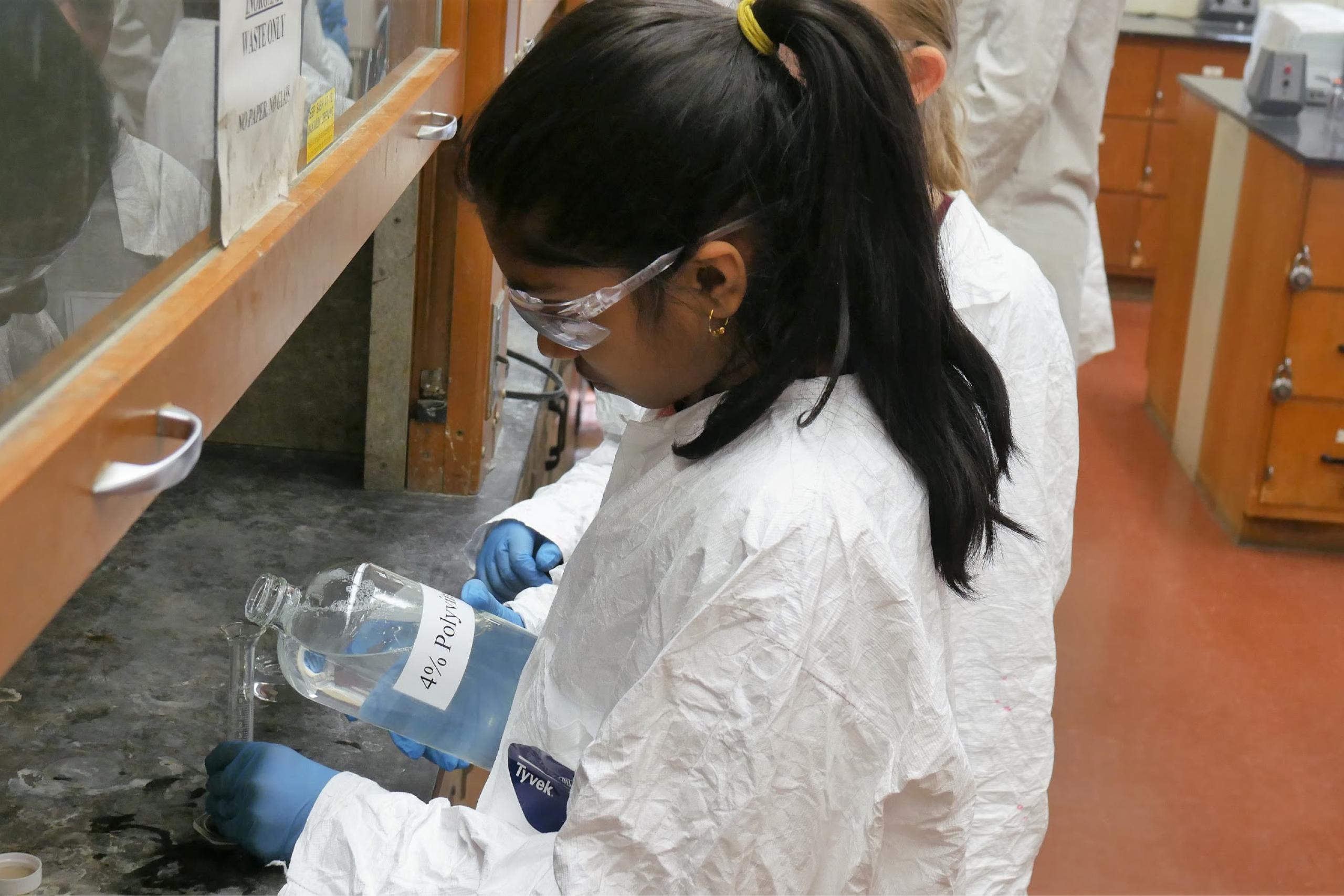
WISEST Experiential Learning Programs
If you are looking for resources or ways to get involved with WISEST, their website provides an extensive list of their programming and opportunities. The student clubs UA-WiSE (for undergraduate students) and WiSER (for graduate students) are also commonly recruiting members and volunteers. Their social media channels regularly advertise opportunities spanning from internship programs to summer staff positions and low-commitment volunteer positions.
International Women's Day & integrating inclusiveness
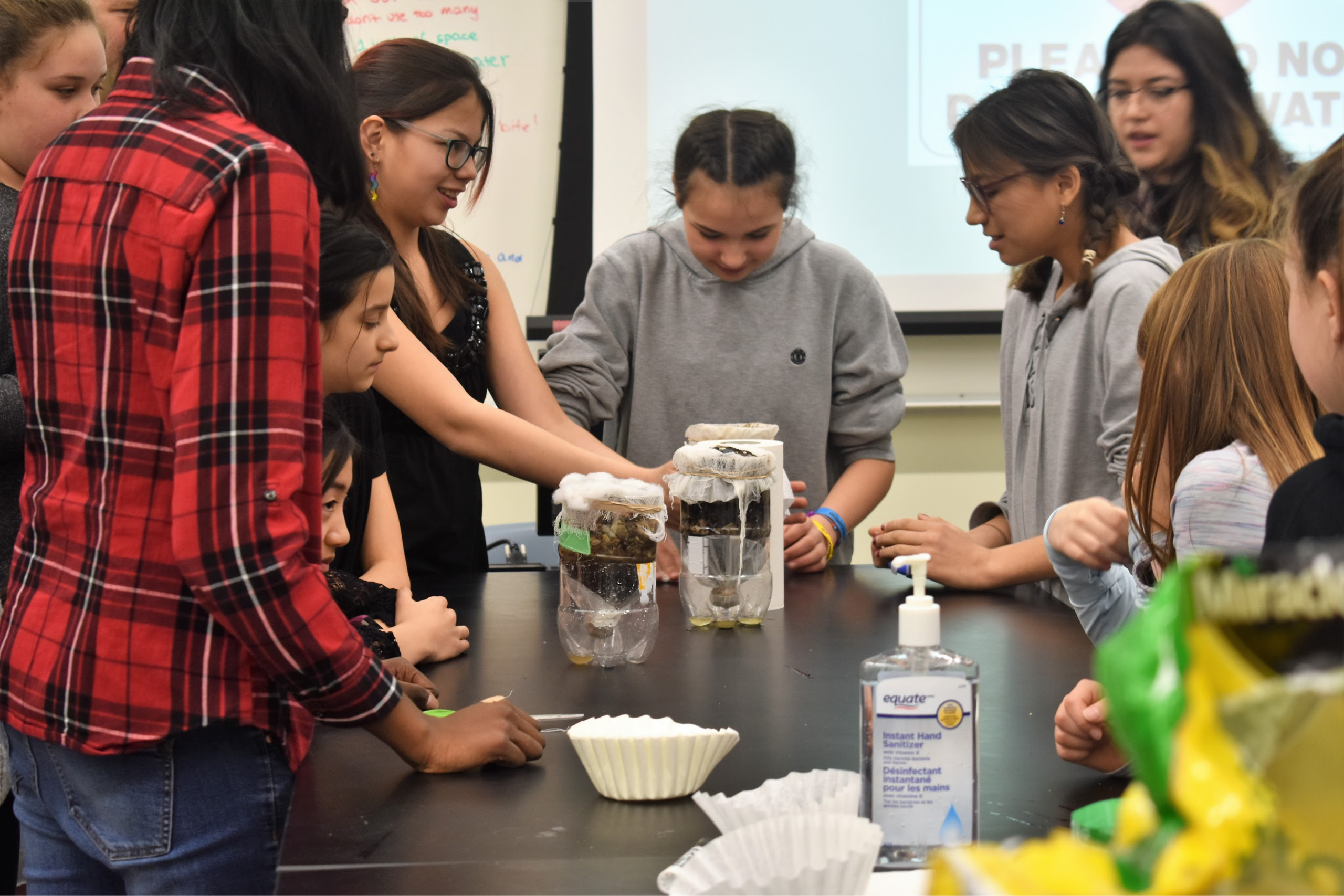
Filtration fun with students
Fervone explains that International Women's Day is kind of like your birthday. It is a time to acknowledge and celebrate you as an individual; it gives you a chance to look at how far you have come and what needs to be done in the future. "I wish we didn't need the day, but we still need this reminder to hear these stories and celebrate those successes," she says.
As a benchmark, we may look back to a time when women were not allowed to practice science or have a voice when selecting their government. It took until 1906 for Alice Perry to be granted the first civil engineering degree, and women had to fight for their right to vote during the suffrage movement until the 1940s. Demographics of people are still discriminated against all around the world, meaning there is still work to be done in EDI (equity, diversity and inclusion).
What are some ways to make more welcoming and inclusive environments? "The first thing is you have to start looking inside. Be honest with yourself and your unconscious biases. The second and most effective is to understand your power and privilege," explains Fervone. To reflect on your lack or power of privilege and the impact this has, she recommends the Flower Power exercise. Each petal helps identify a dominant trait or group, which can be very helpful in uncovering unconscious biases in a non-judgmental way." Leadership is a privilege, and it is important to recognize it. Be willing to make space to listen and grow," says Fervone.
Once you take the time to look at your group, ask questions about the culture. For example, ask why only certain individuals are executives. Could certain voices not be celebrated? Why don't certain people come to the events? Are timings interfering with religious calendars, and is the food applicable to various groups? If you miss a certain voice, start asking questions to figure out why and actively listen to the answers. "Often we say we want inclusive groups, but we don't want to change how it looks or functions. If you are not open to learning and growing, you won't have an inclusive space," says Fervone.
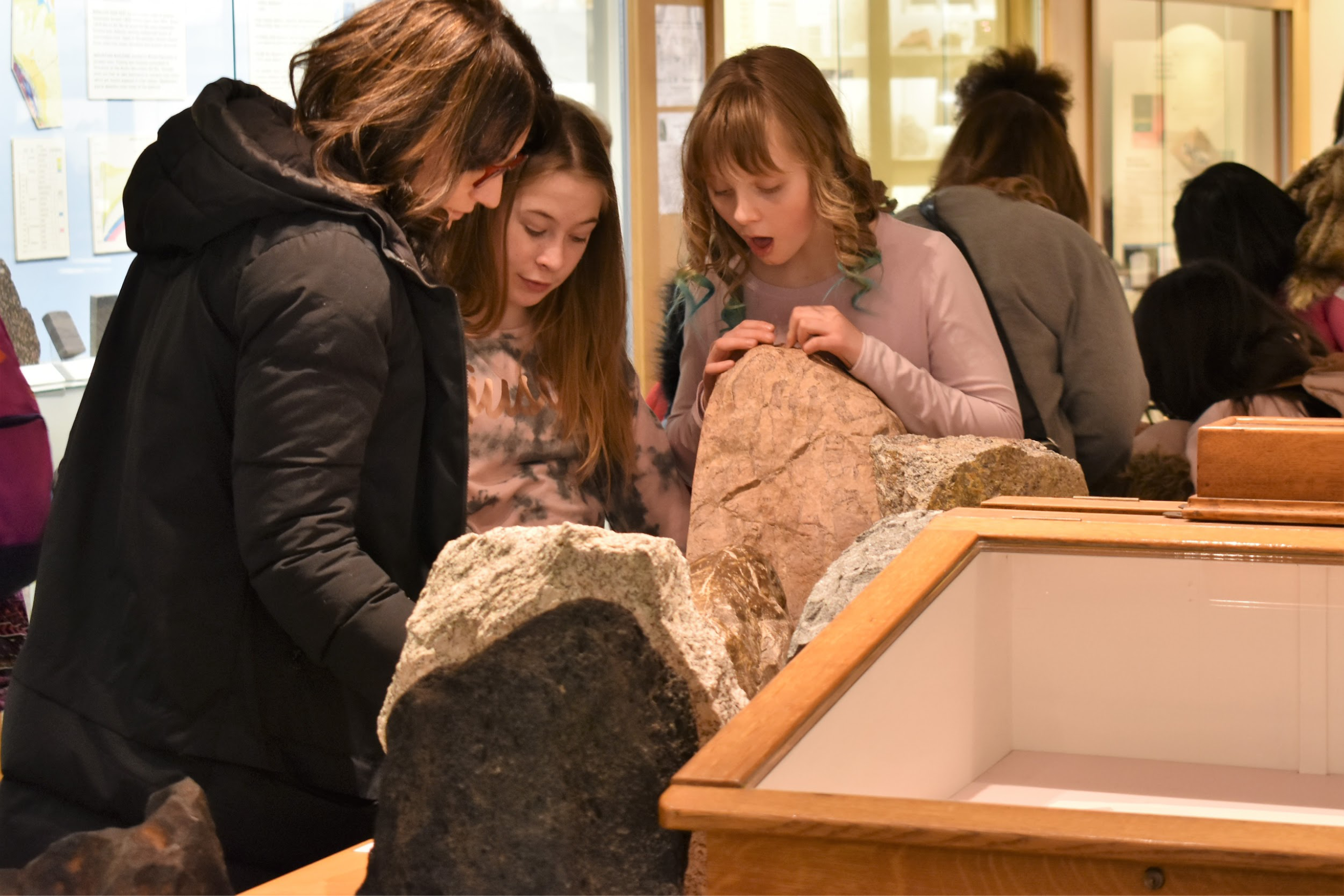
WISEST Experiential Learning activity: Discovering the joy of scientific inquiry!
For this International Women's Day try being curious; reflecting on biases and the impact they have. Ask questions to grow rather than argue, and listen to learn rather than respond.
